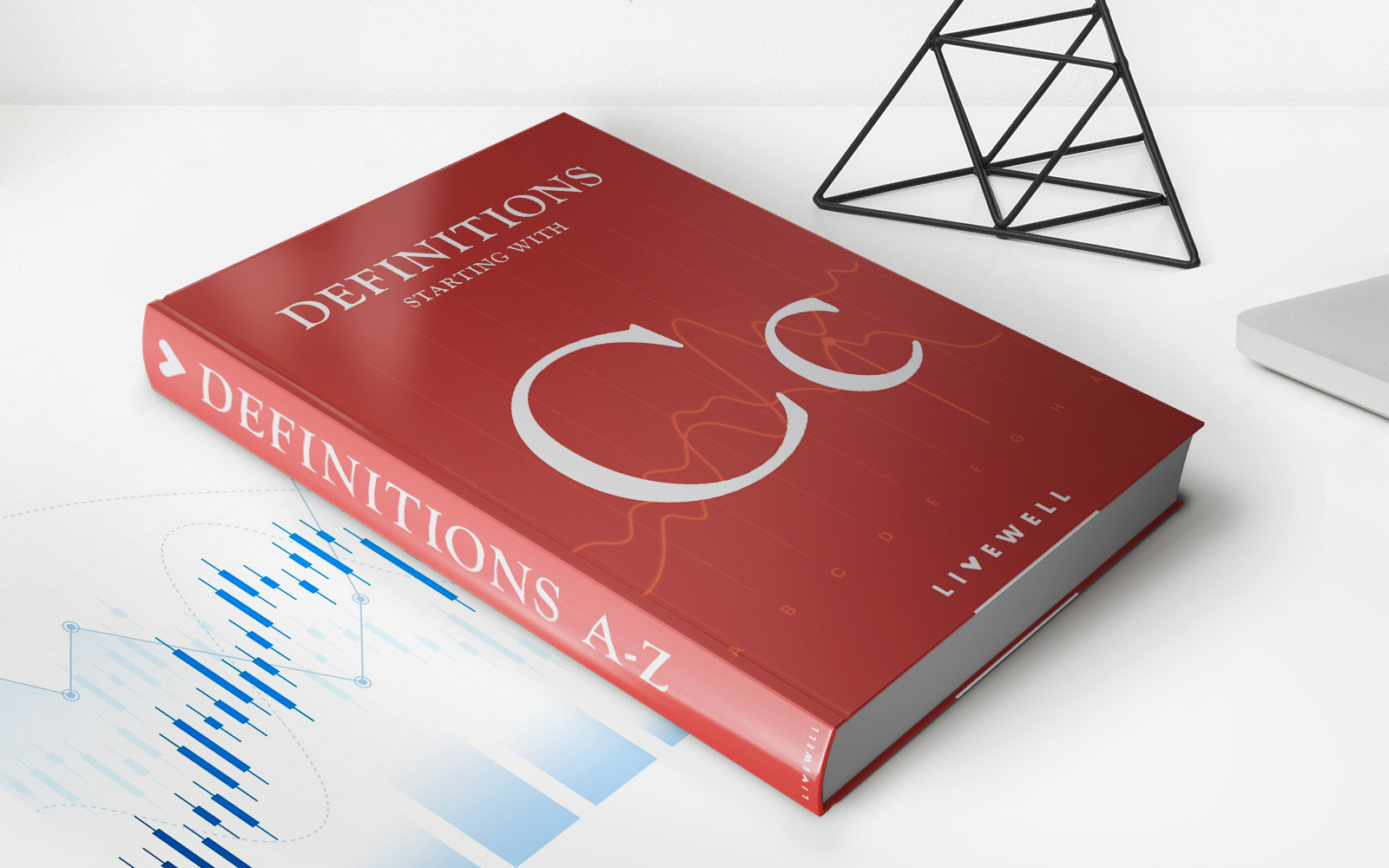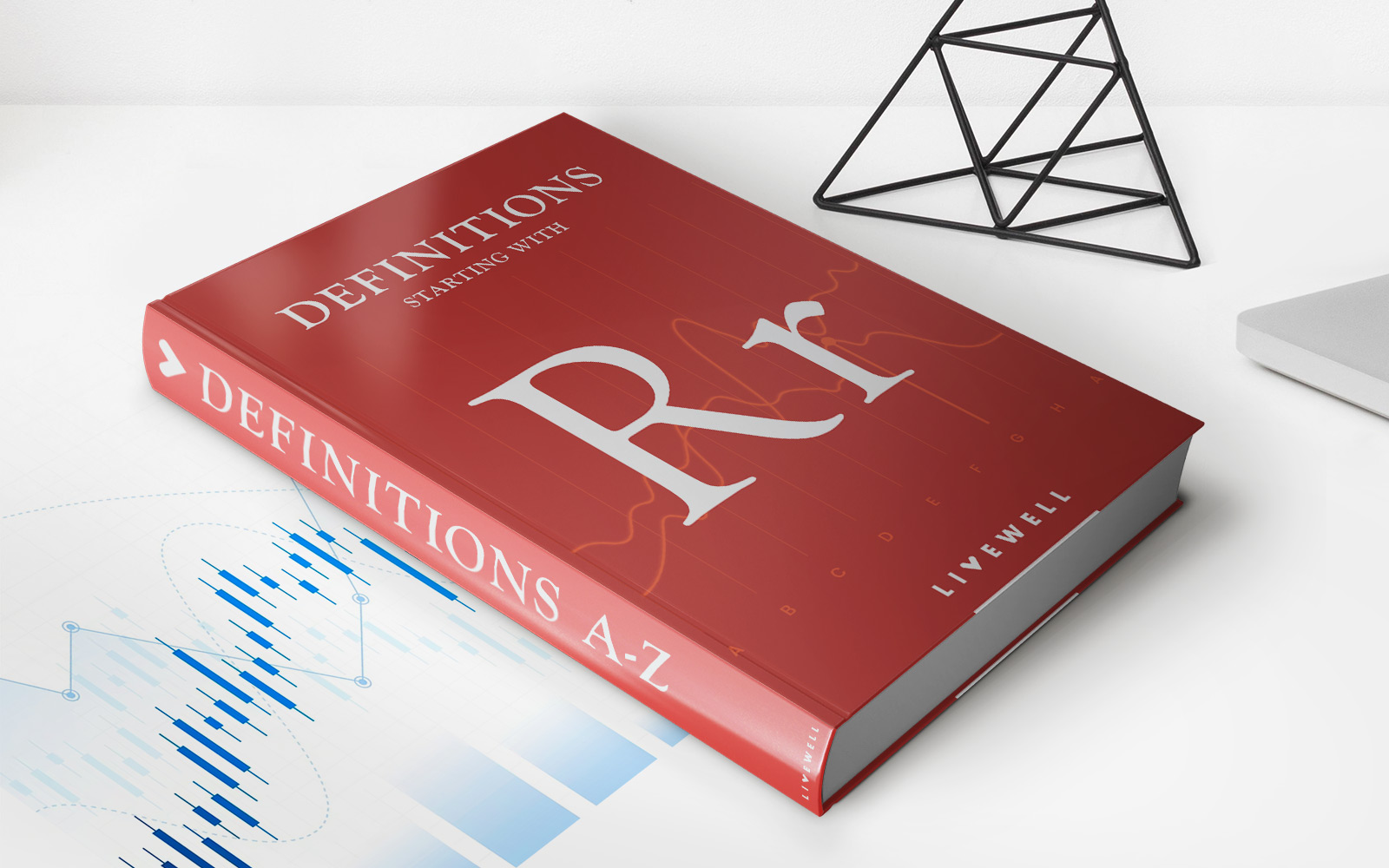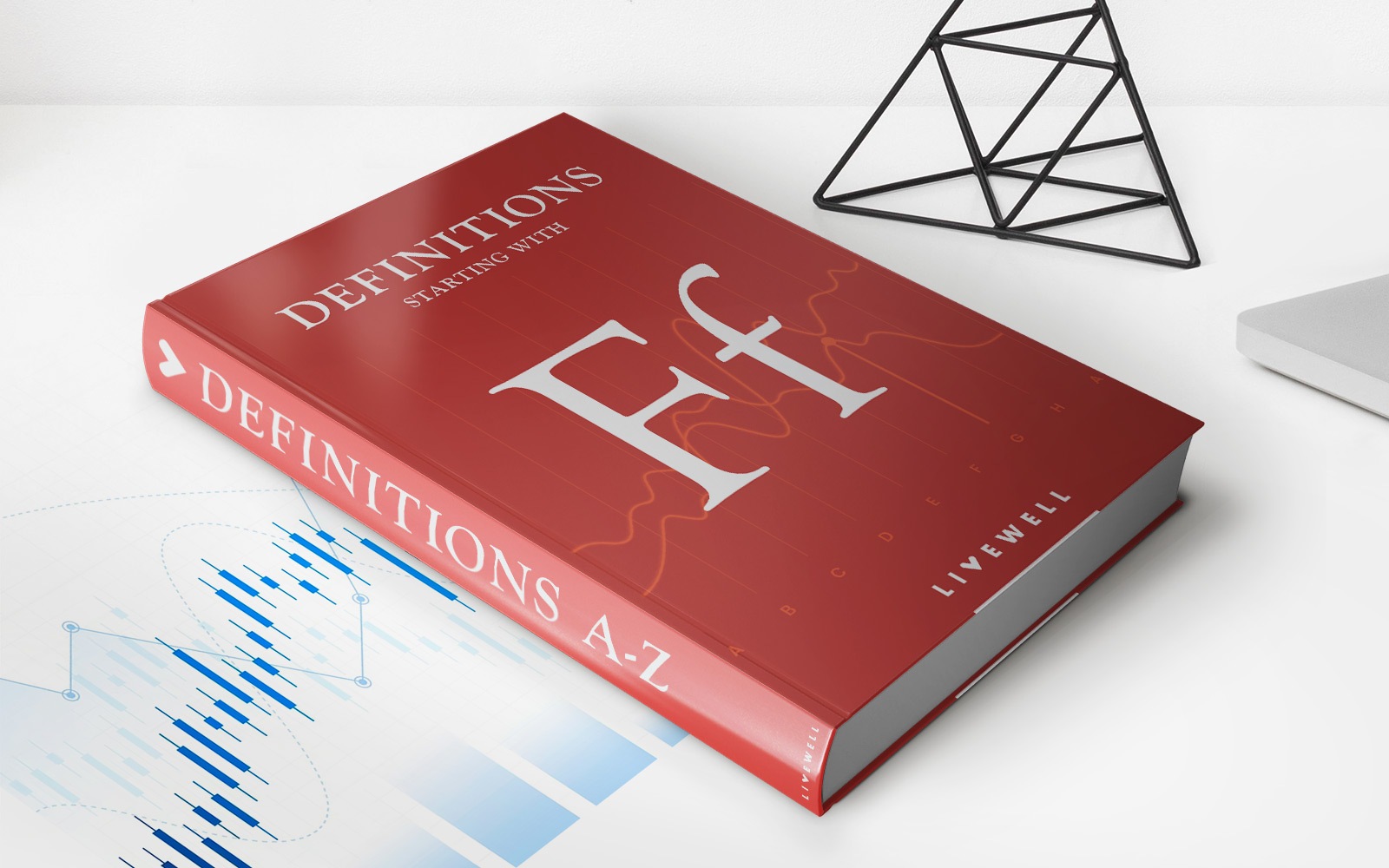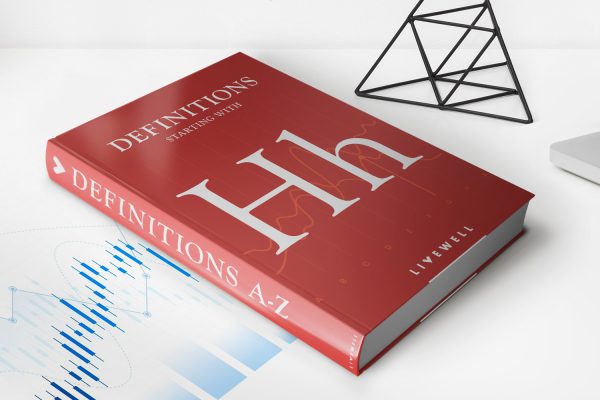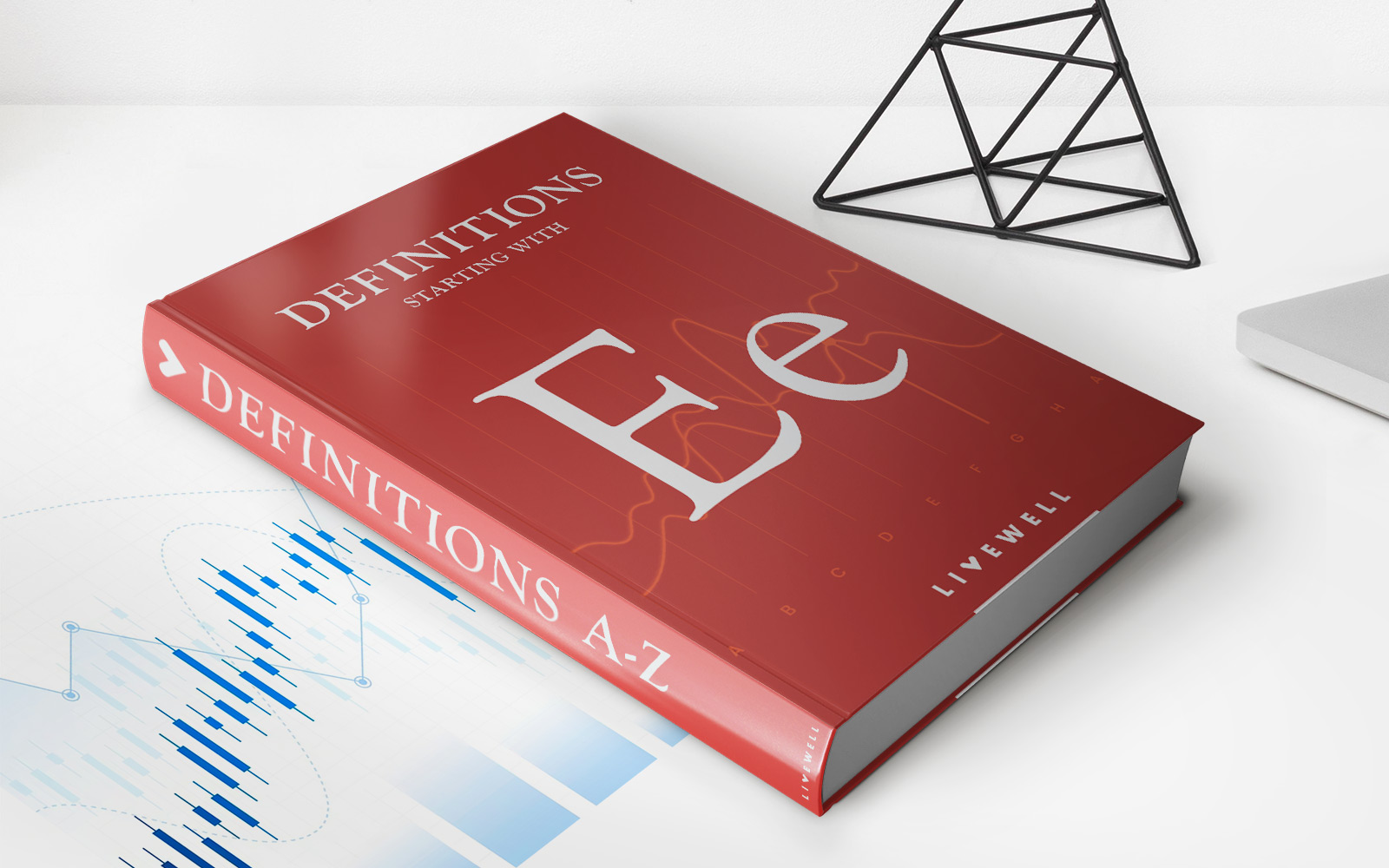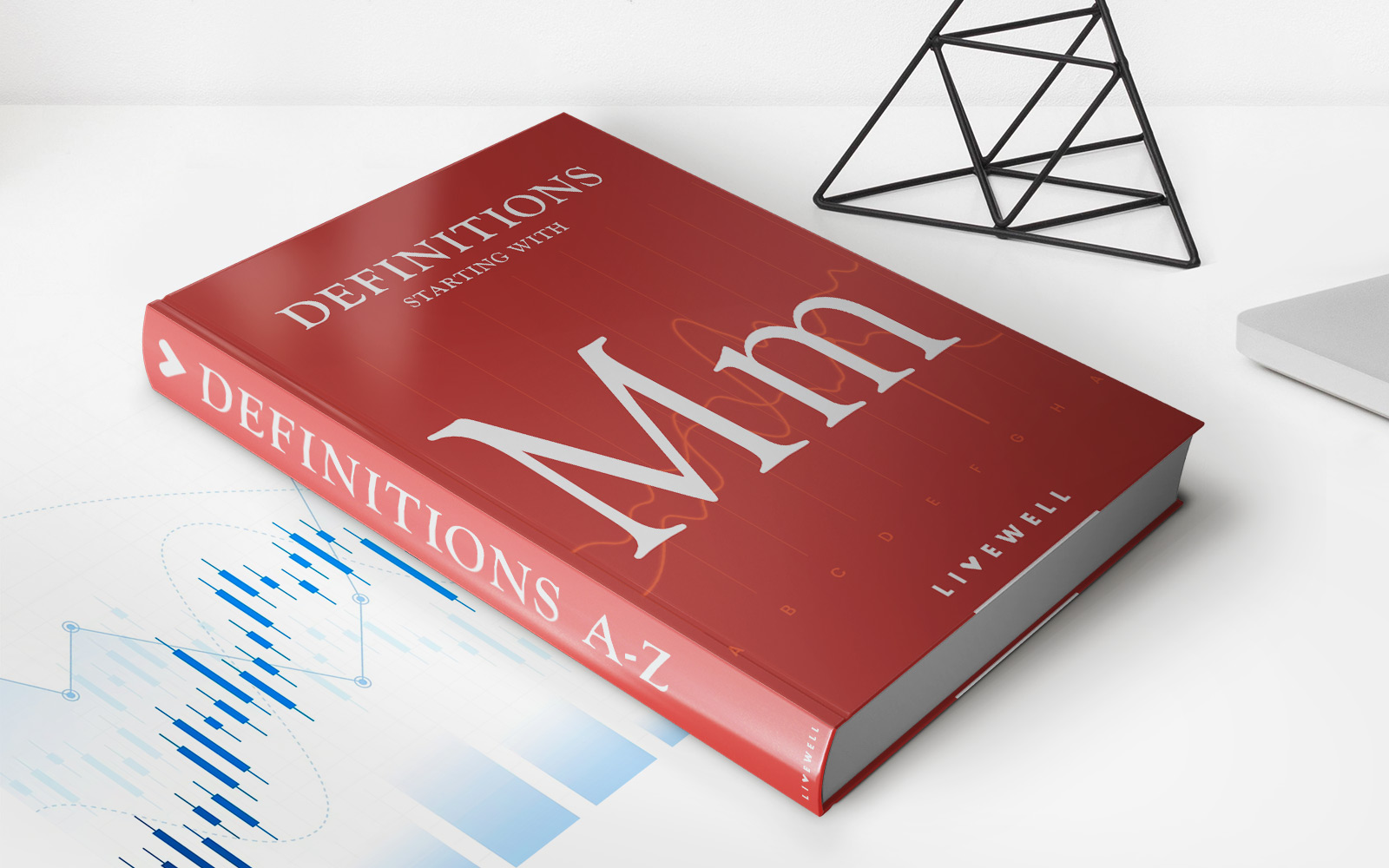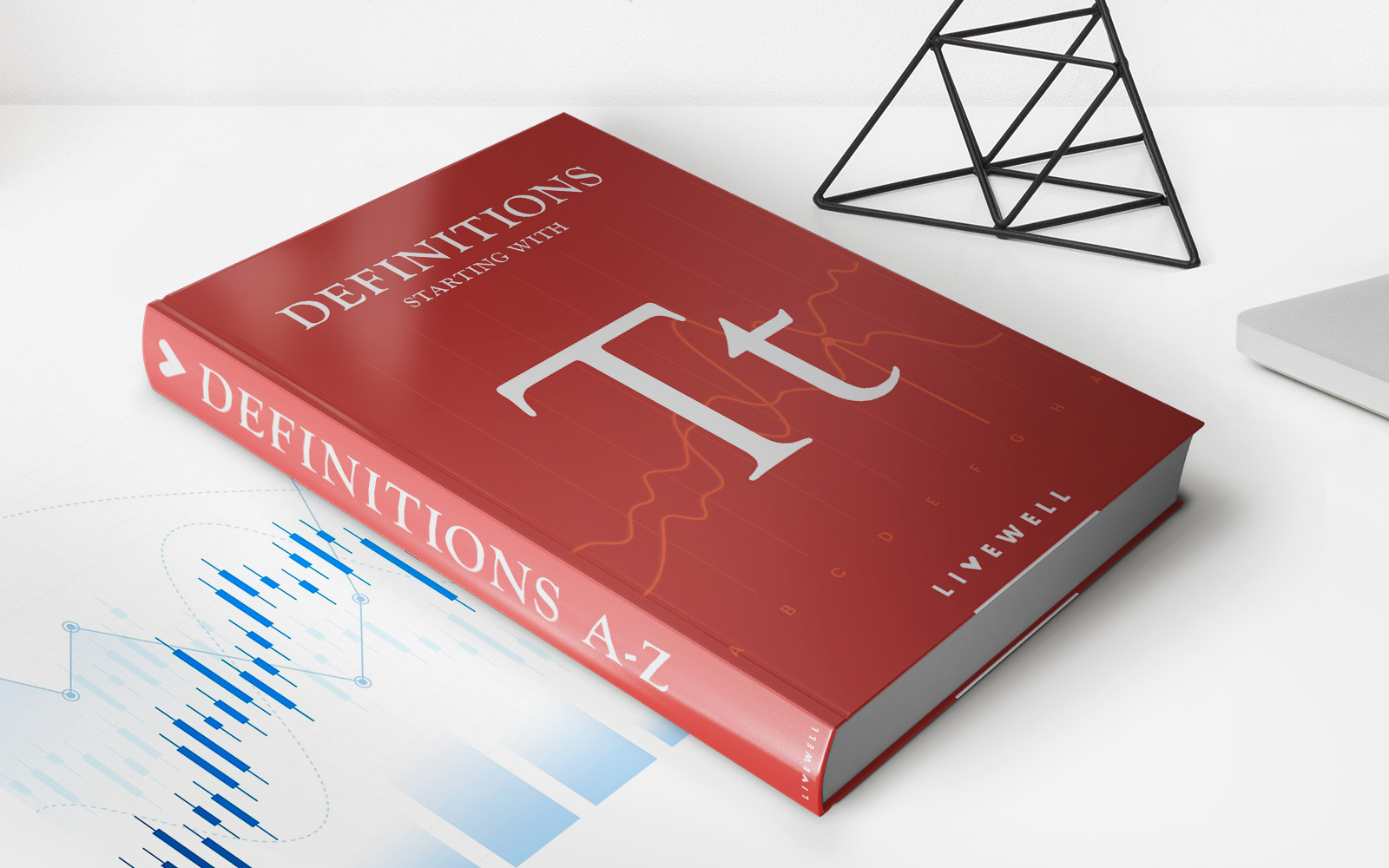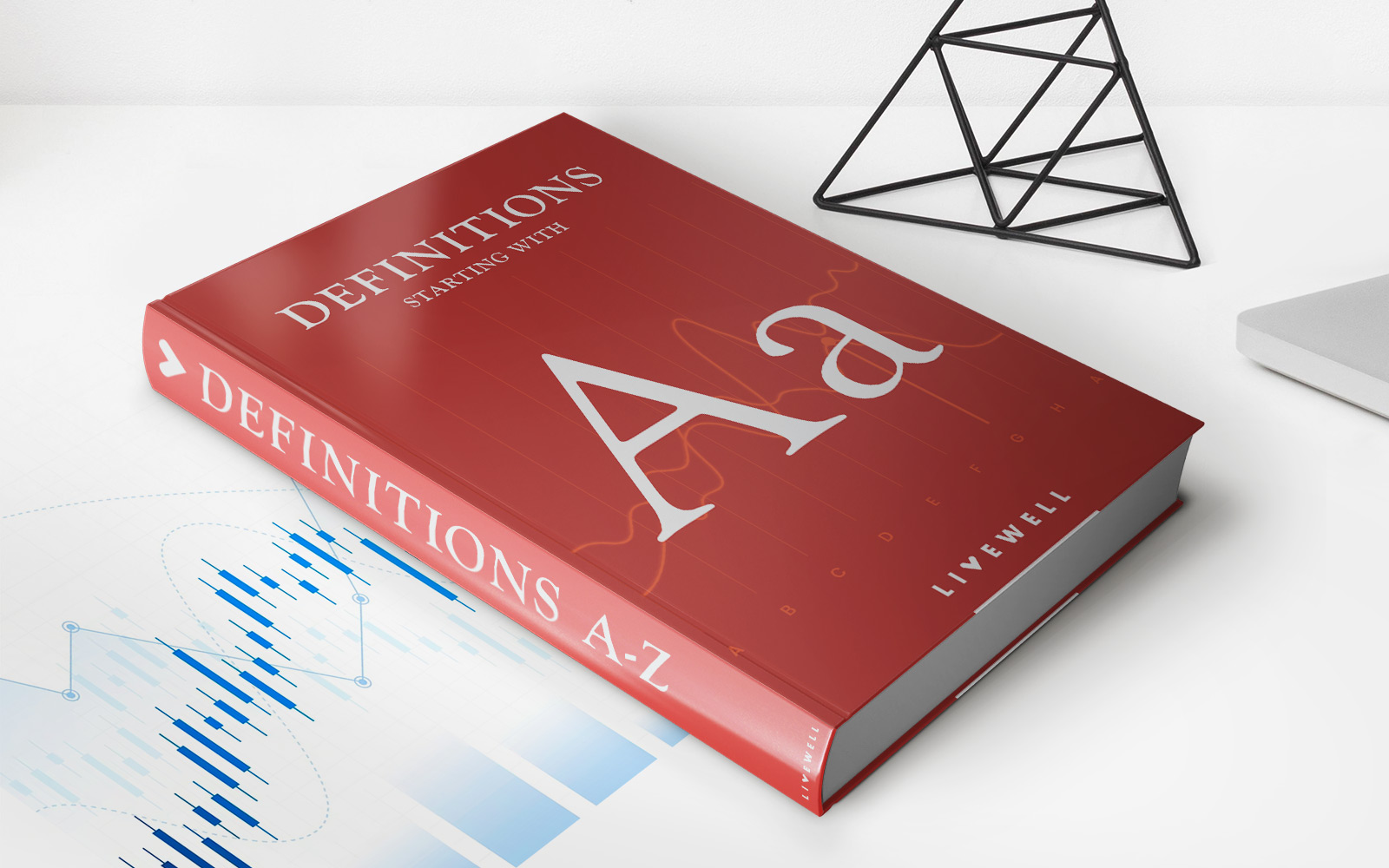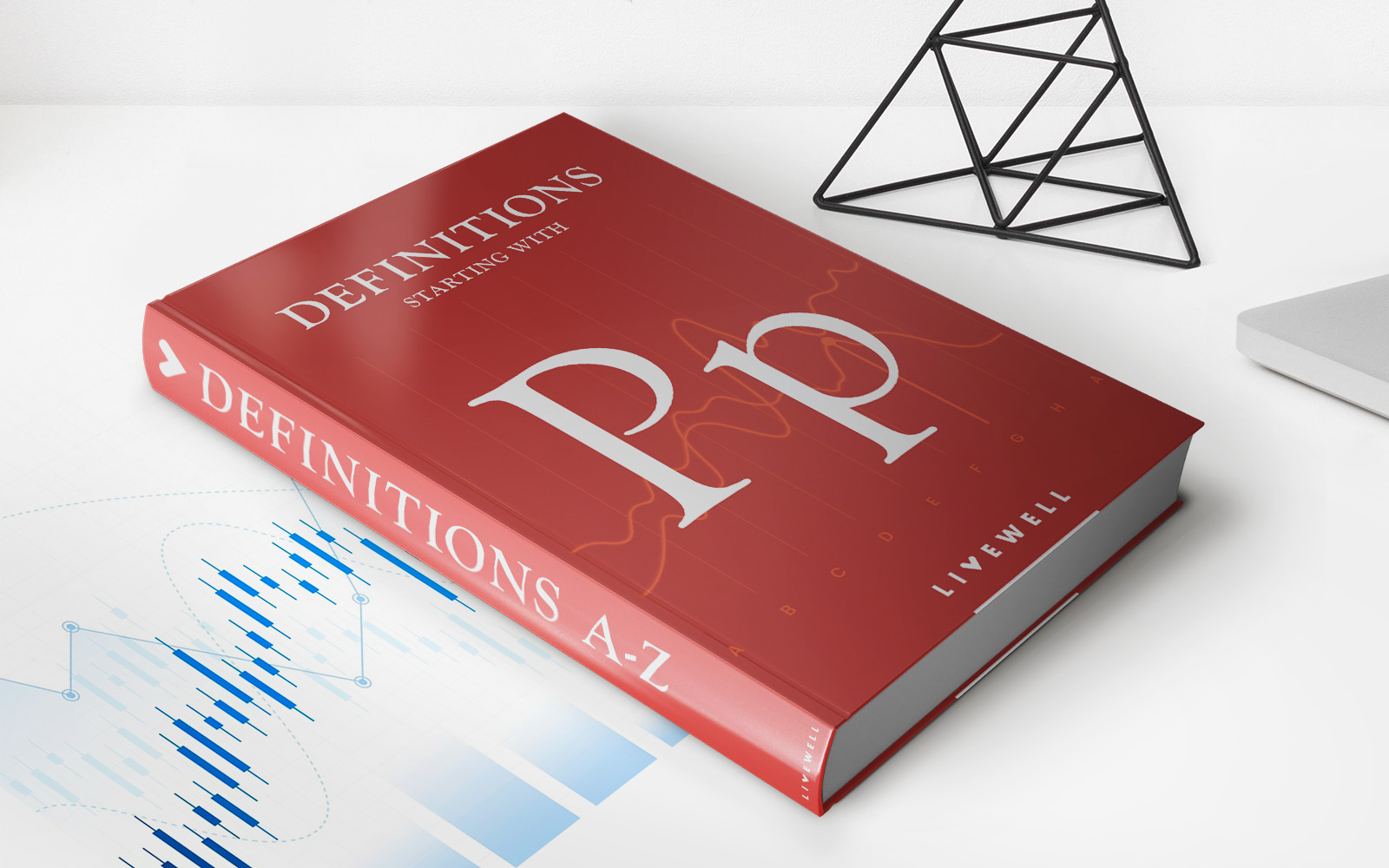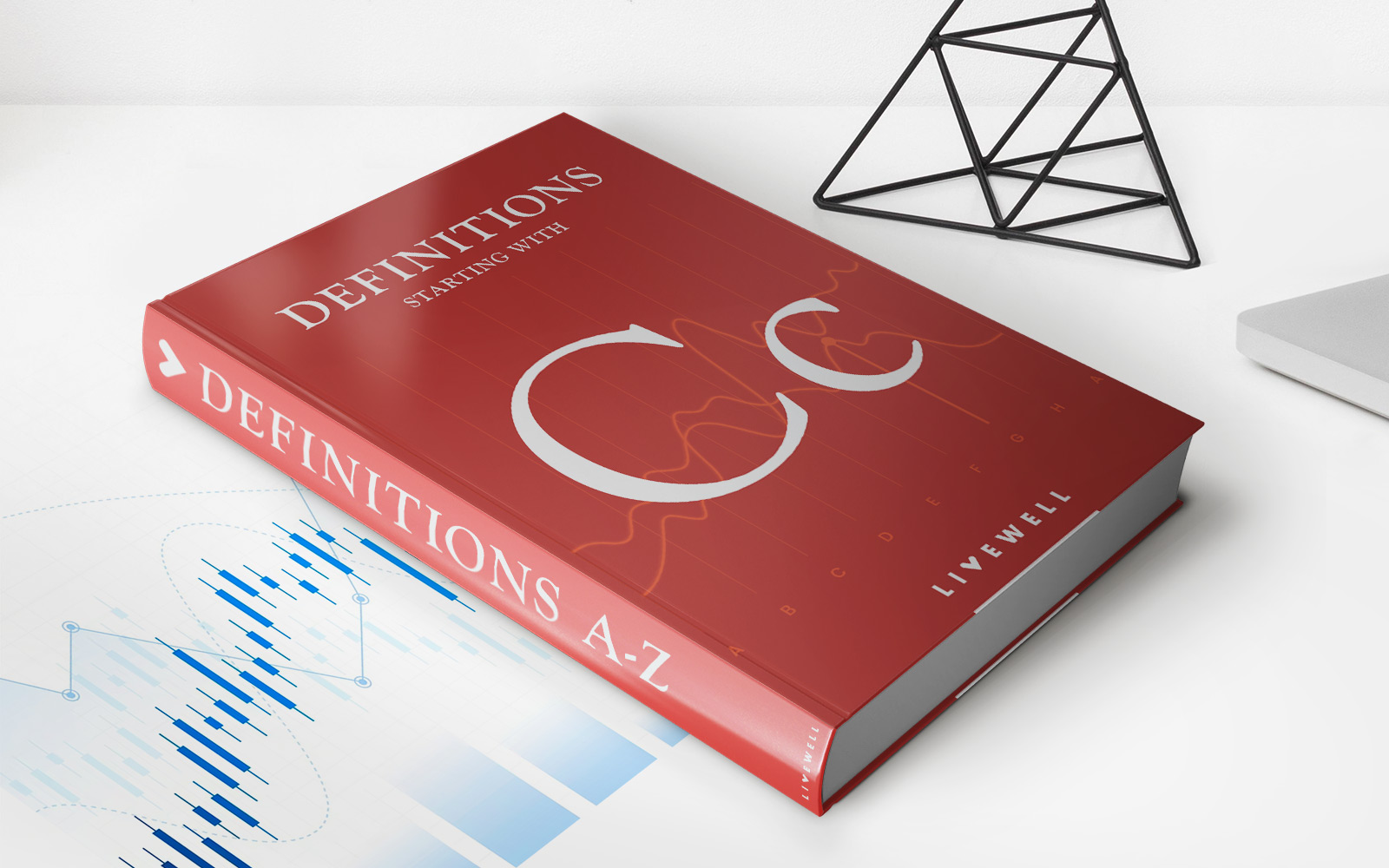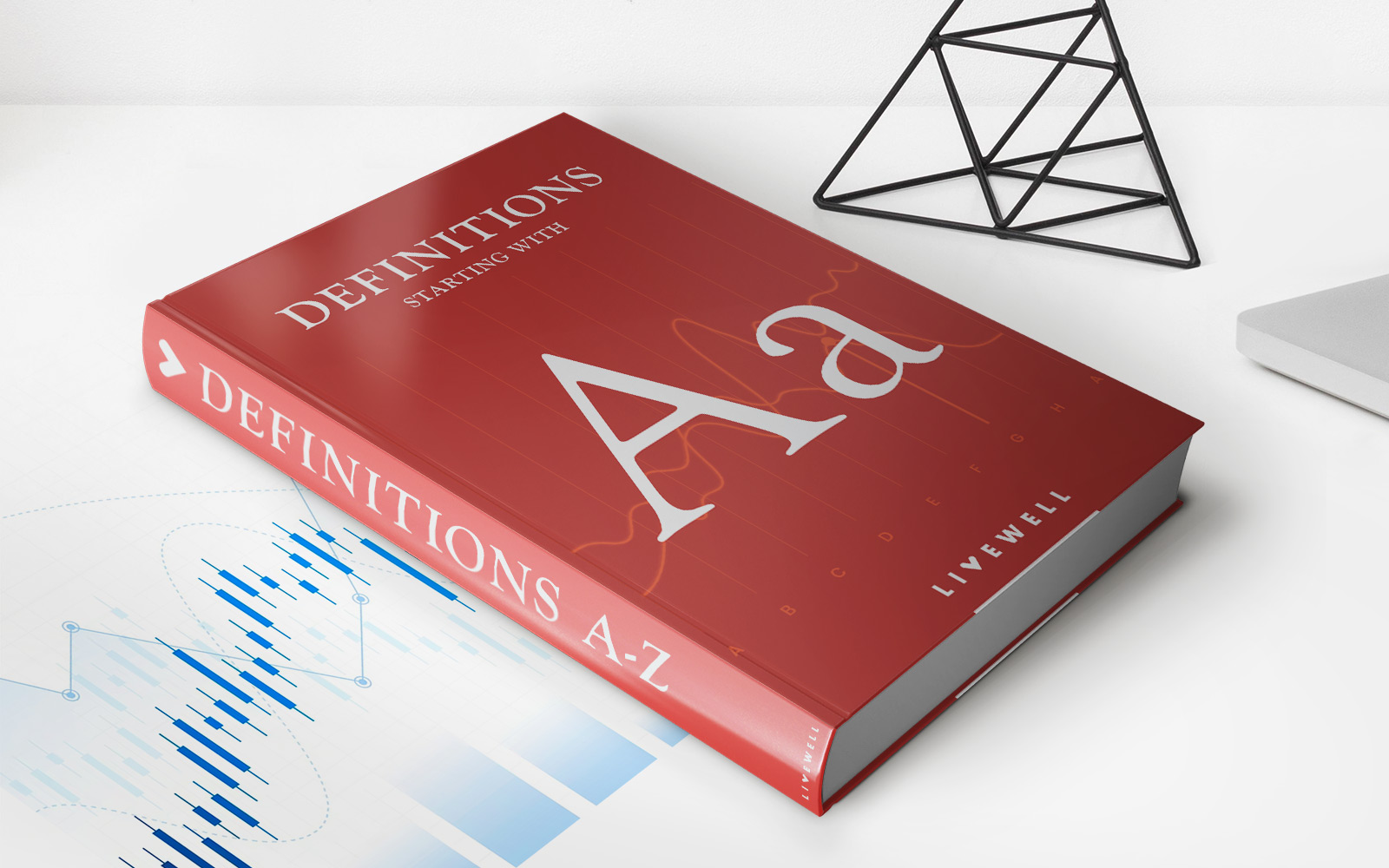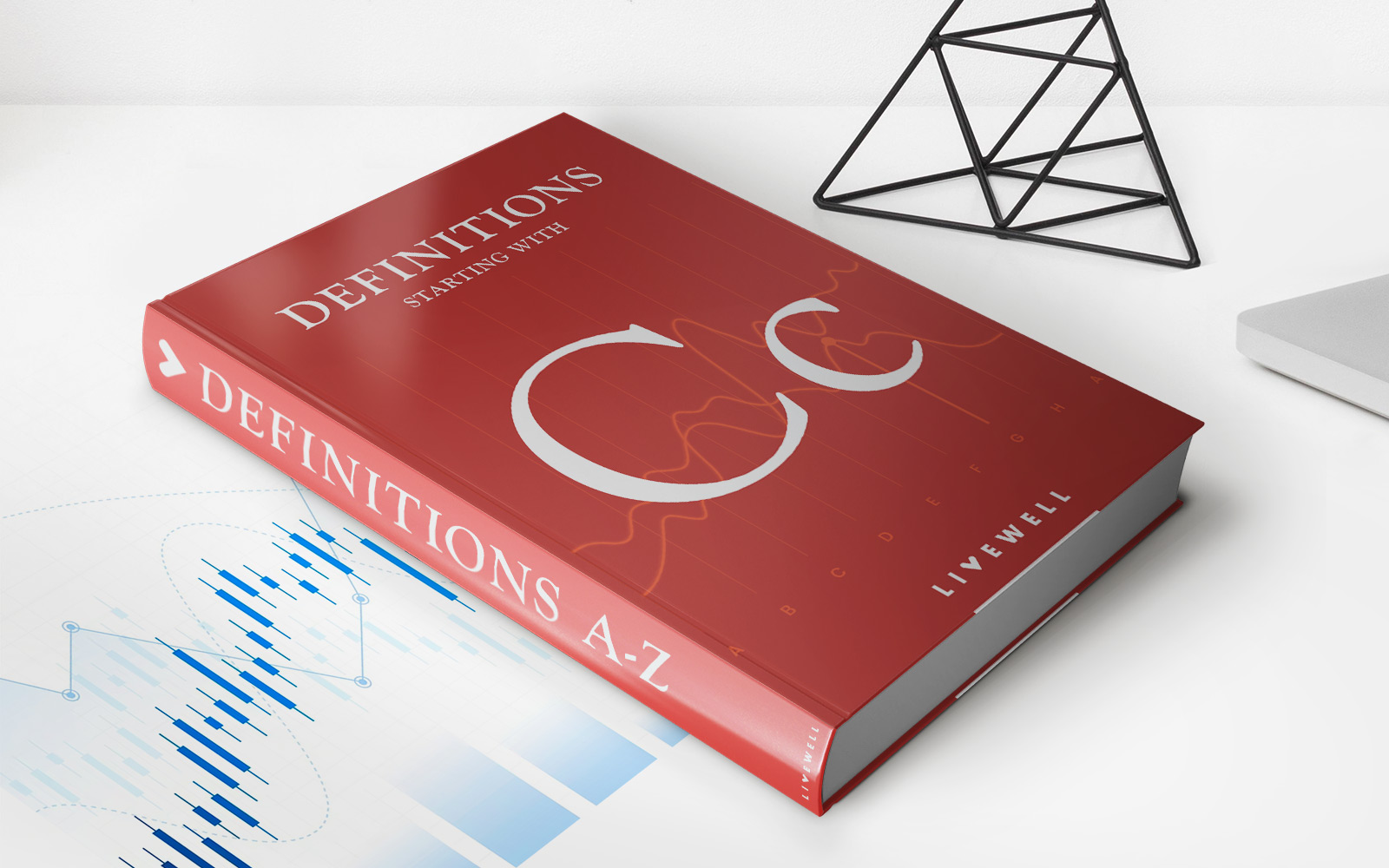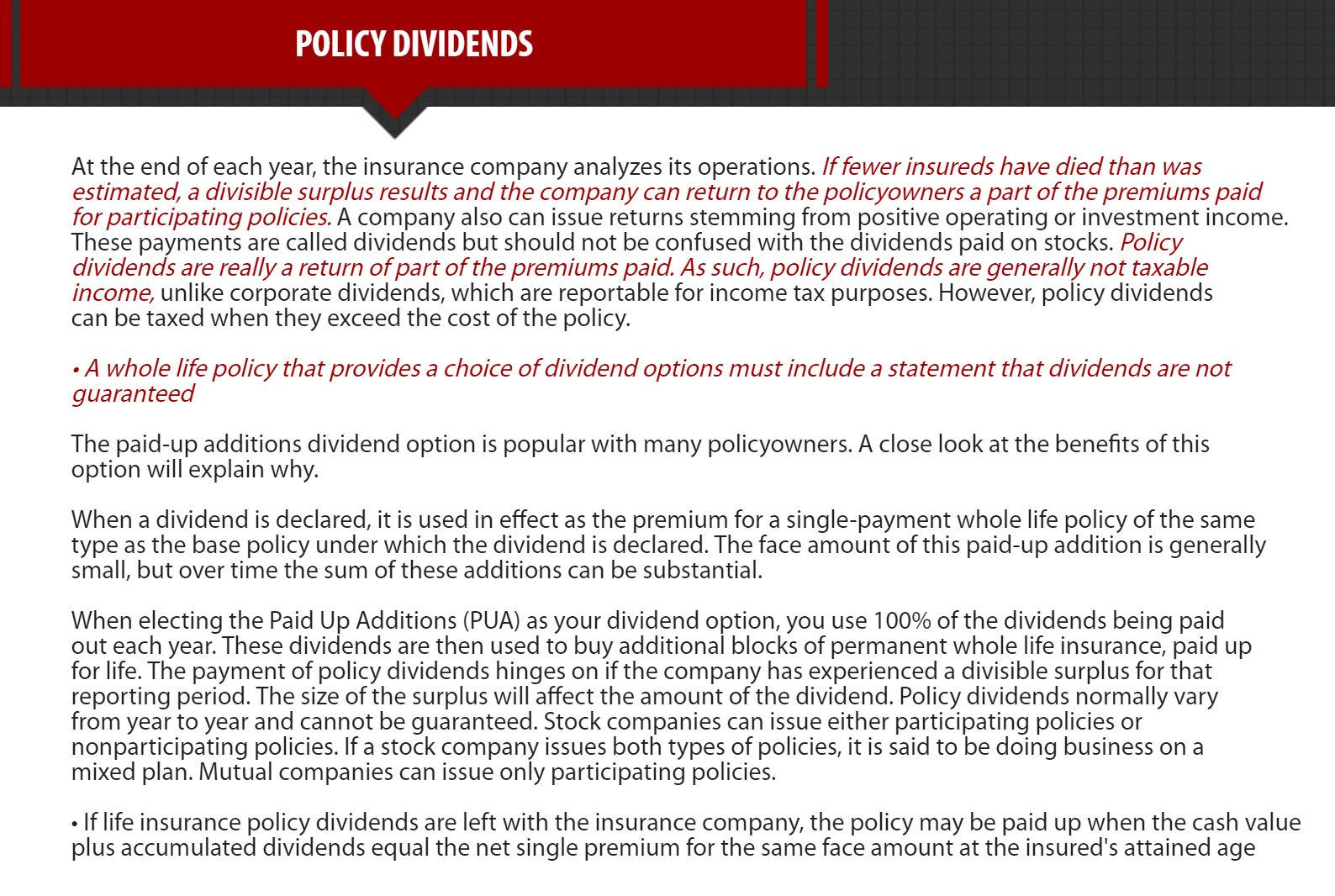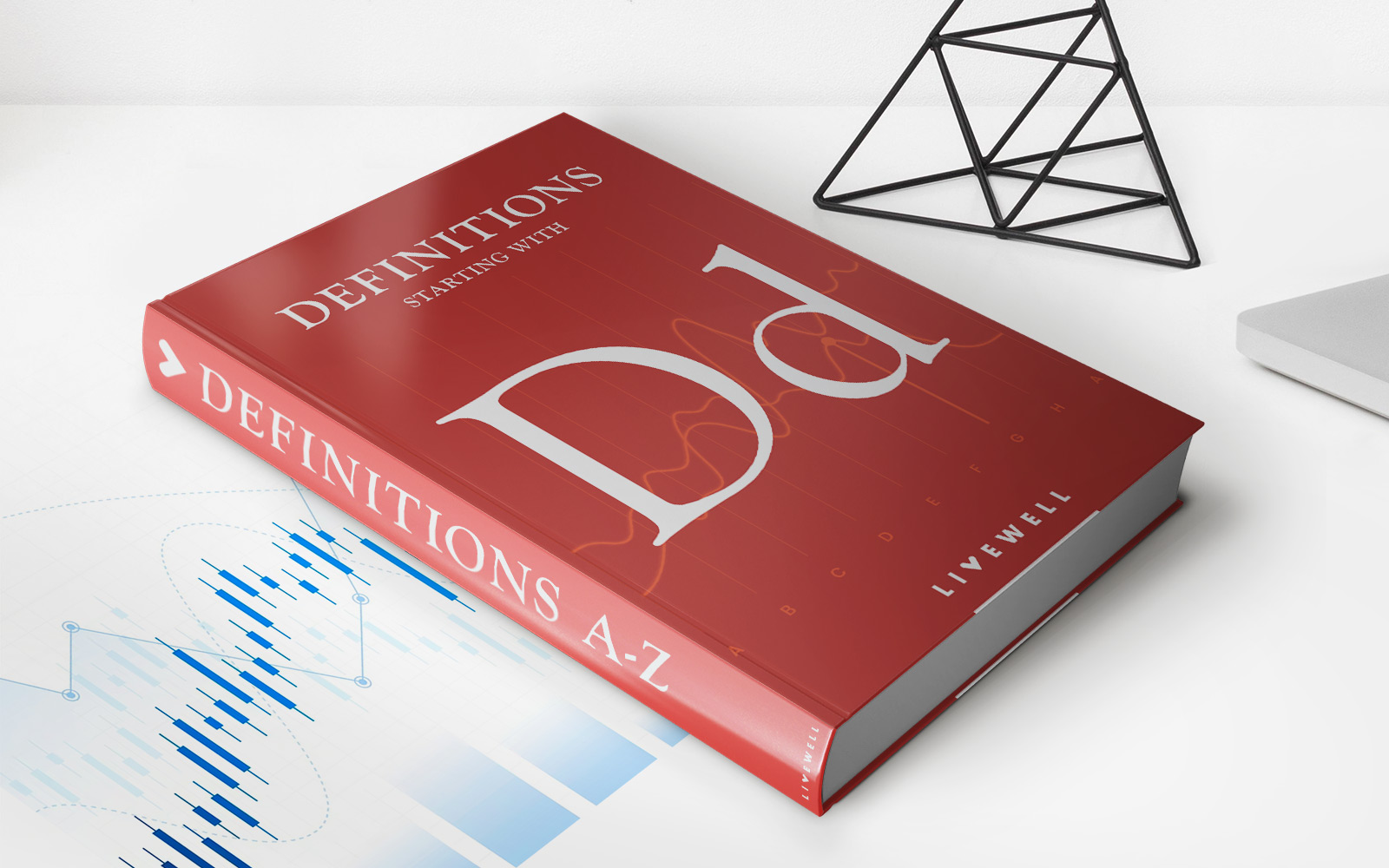Home>Finance>What Are Transaction Costs? Definition, How They Work, And Example
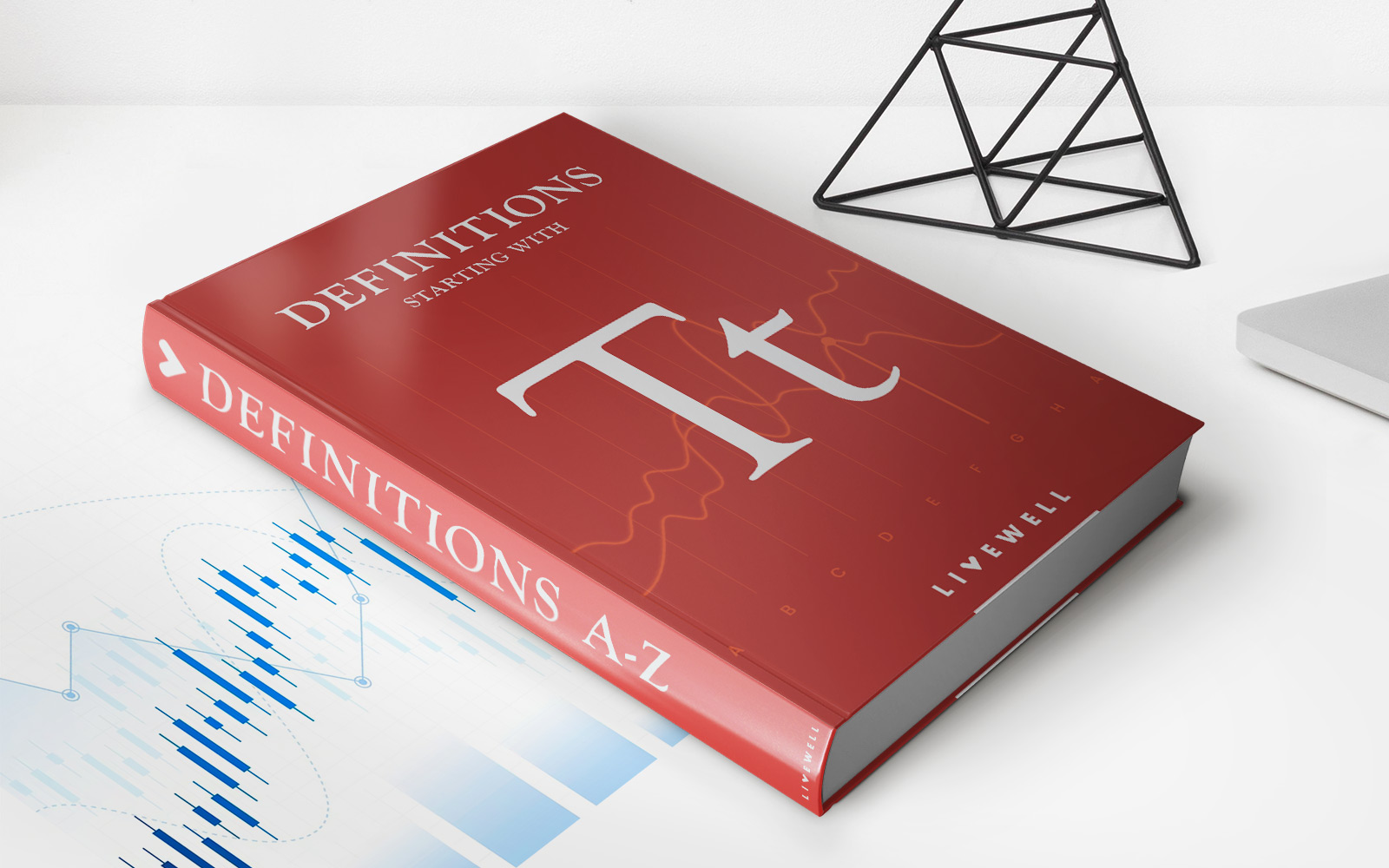

Finance
What Are Transaction Costs? Definition, How They Work, And Example
Published: February 10, 2024
Learn about transaction costs in finance, including their definition, how they work, and example scenarios. Enhance your financial knowledge with this comprehensive guide.
(Many of the links in this article redirect to a specific reviewed product. Your purchase of these products through affiliate links helps to generate commission for LiveWell, at no extra cost. Learn more)
Understanding Transaction Costs in Finance
Whether you’re a seasoned investor or just starting to dip your toes into the world of finance, understanding transaction costs is crucial. As an expert in finance, I’m here to demystify this concept and shed light on what transaction costs are, how they work, and provide a real-life example. So, let’s dive in!
Key Takeaways:
- Transaction costs refer to the expenses incurred when buying or selling financial assets.
- They can include brokerage fees, commissions, bid-ask spreads, and taxes.
What Are Transaction Costs?
Transaction costs are the expenses associated with buying or selling financial assets such as stocks, bonds, or mutual funds. These costs can eat into your investment returns, so it’s essential to factor them into your decision-making process. While they may seem insignificant at first, transaction costs can add up over time, impacting your overall investment performance.
How Do Transaction Costs Work?
Transaction costs encompass various fees and charges that investors pay during the buying or selling process. Let’s break down some of the most common transaction costs:
- Brokerage Fees: When you trade through a broker, they charge a fee for their services. These fees can be fixed or based on a percentage of the trade value.
- Commissions: Commissions are fees paid to brokers or agents for facilitating trade. They can also be fixed or variable based on the size of the transaction.
- Bid-Ask Spreads: This refers to the difference between the highest price a buyer is willing to pay (bid) and the lowest price a seller is willing to accept (ask). The bid-ask spread represents a cost since you might have to buy at a slightly higher price or sell at a slightly lower price.
- Taxes: Depending on your jurisdiction, you may be subject to tax liabilities when buying or selling certain financial assets.
It’s important to note that transaction costs can vary depending on the size of the trade, the type of financial asset, and the specific brokerage firm or platform used. So, it’s crucial to research and understand the fee structure of your chosen broker before making any transactions.
An Example of Transaction Costs:
Let’s say you’re an investor looking to buy 100 shares of a company’s stock. Each share is valued at $50. Here’s a breakdown of the transaction costs involved:
- Brokerage fee: $10 flat fee per trade
- Commission: 1% of the trade value ($50 x 100 x 1% = $50)
- Bid-Ask Spread: $0.20 per share on both the buy and sell side ($0.20 x 100 = $20)
- Taxes: Assuming a tax rate of 10%, the tax liability would be $5 ($50 x 100 x 10% = $500 x 10% = $5)
Adding up these costs, we get:
- Total transaction costs = $10 (brokerage fee) + $50 (commission) + $20 (bid-ask spread) + $5 (taxes) = $85
So, in this example, the transaction costs amount to $85. It’s important to consider these costs when evaluating the profitability of your investment.
In Conclusion
Transaction costs are a reality of the financial markets. Understanding how they work and factoring them into your investment decisions is crucial for achieving your financial goals. By being aware of the various costs involved and considering them in your calculations, you can make more informed investment choices. Remember, every dollar saved on transaction costs adds to your overall returns in the long run.
